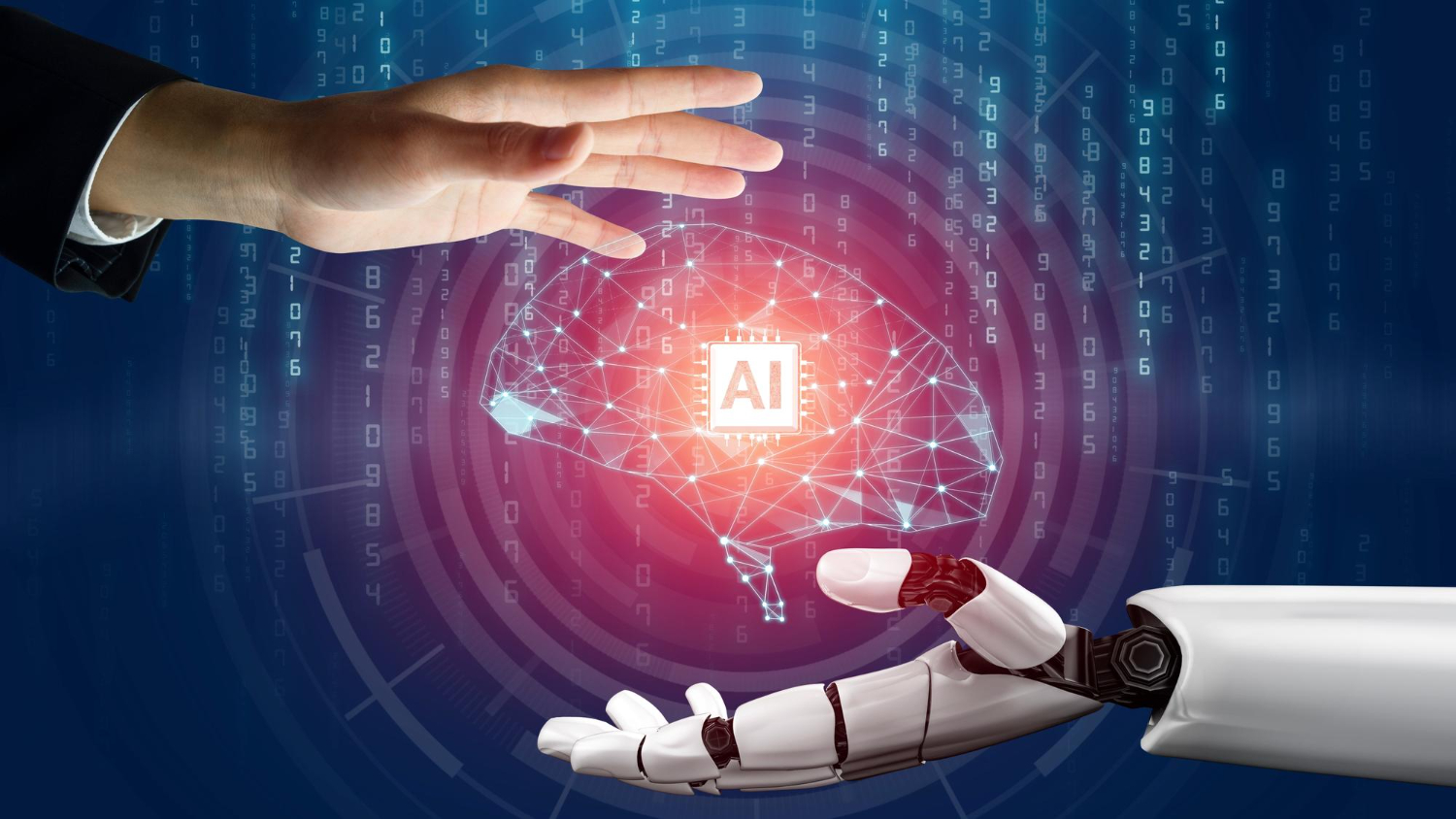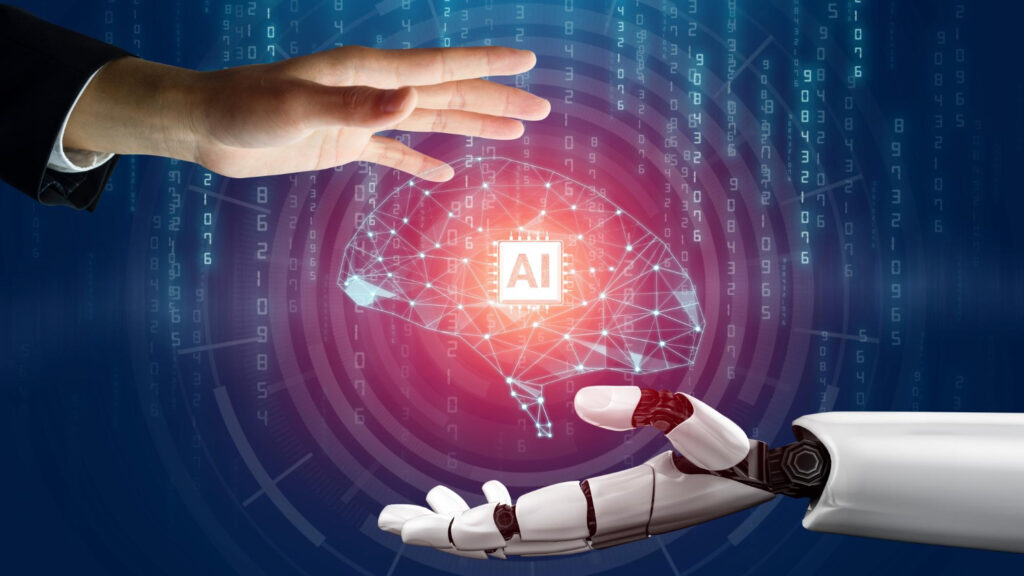The rapid evolution of Internet of Things (IoT) devices is no longer just a prediction; it’s here, and its reshaping industries at a remarkable pace. As of 2023, there were about 16.6 billion connected IoT devices—a staggering 15% increase from the previous year, according to the State of IoT 2024 report.
But, this is just the beginning.
By the end of 2024, that number is expected to surge to 18.8 billion, marking a further 13% increase despite global economic uncertainties.
These numbers underscore a critical shift:
“IoT is growing, and it’s growing fast.”
Yet, what’s truly powering this expansion is the integration of artificial intelligence (AI) into IoT devices, making them smarter and more efficient.
Now, here’s where it gets interesting: It’s estimated that by 2030, there will be around 40 billion IoT devices globally. This surge is driven by growing demand across sectors such as healthcare, transportation, manufacturing, and agriculture—industries that increasingly rely on real-time asset tracking, performance monitoring, and optimization to enhance efficiency and outcomes.
But why is AI such a pivotal part of this evolution? How is it transforming IoT and why should your business be paying attention?
The answer lies in its ability to process vast amounts of data generated by IoT devices and turn it into actionable insights.
By adding AI to IoT, businesses can go beyond simple data collection—they can anticipate problems before they happen, automate key processes, and optimize performance in ways that weren’t possible before.
Let us understand in detail.
The Power of AI-Enabled IoT
AI-enabled IoT devices are reshaping how data is collected and used in modern industries. IoT (Internet of Things) devices, by nature, gather a wide range of information from their surroundings—whether it’s temperature readings, engine diagnostics, or even air quality data.
Historically, IoT devices served primarily as data collectors, offering valuable insights but requiring human intervention to analyze or act on the data. For instance, a smart thermostat could tell you the current temperature but wouldn’t automatically adjust to optimize energy use without manual input.
Now, introduce artificial intelligence (AI) into the equation. Suddenly, these devices aren’t just collecting data—they’re analyzing it and making real-time decisions.
For instance, a fleet of trucks with IoT sensors can monitor vehicle conditions and predict tire wear or dynamically adjust delivery routes based on traffic, all without human input. This integration turns passive devices into autonomous systems capable of independent action.
With AI-enabled IoT, devices can identify patterns, predict potential issues, and optimize operations. They transform industries by enabling businesses to make smarter decisions, improve efficiency, and stay ahead in a competitive market.
But what does this look like in practice? How are businesses and public sectors leveraging AI-enabled IoT to transform operations? Let’s find out.
Real-World Applications of the AI-IoT Mix
- Manufacturing
Imagine a factory where machines don’t rely on human input to tell them when maintenance is needed. Instead, they continuously monitor their own performance using AI. These systems can predict when something is likely to malfunction, allowing maintenance to be scheduled in advance, avoiding costly downtime. - Healthcare
With AI, wearable devices go beyond tracking basic metrics like heart rate—they can analyze patterns in your data to predict potential health issues. This allows doctors to spot concerns early on and provide more personalized care. As a result, patients get better outcomes and more tailored treatment without the need for frequent visits. - Smart Cities
Urban environments are becoming smarter thanks to AI and IoT. Traffic management systems, for example, can now adjust in real time, analyzing traffic data and optimizing routes to reduce congestion. Not only does this improve traffic flow, but it also reduces carbon emissions and improves the quality of urban living. - Agriculture
In farming, AI-enabled IoT systems allow for smart agricultural practices. Sensors monitor everything from soil moisture to plant health, while AI uses this data to optimize irrigation and fertilizer use. The result? Healthier crops and more sustainable farming methods. Farmers who adopt this technology are able to grow more efficiently and with less waste.
These examples show how AI-enabled IoT is already transforming industries—but what about your business? How can you leverage this technology?
Benefits of Leveraging AI-Enabled IoT devices
The question isn’t whether IoT will impact your industry—it’s how soon.
For businesses looking to remain competitive, the adoption of AI-enabled IoT devices is no longer optional. Here are some key reasons why your business needs to embrace this technology:
- Boost Efficiency and Cut Costs
AI-enabled IoT can streamline operations by automating routine tasks and predicting potential issues before they escalate into costly problems.
Whether it’s scheduling maintenance in advance for factory machines or automating your supply chain, these smart systems help reduce downtime and improve overall efficiency, ultimately saving your business money. - Make Smarter Decisions
Collecting data is one thing but turning it into meaningful insights is what truly sets businesses apart. AI-enabled IoT devices analyze real-time data, providing you with actionable insights that can guide your decision-making.
In healthcare, this could mean detecting early signs of health issues, while in retail, it might involve forecasting customer behavior to stock the right products. The ability to make informed, data-driven decisions faster than your competition is a major edge. - Deliver a Personalized Experience
Consumers today expect personalized experiences. AI-enabled IoT devices help you meet those expectations by analyzing data and customizing your products or services to match individual preferences.
Whether its recommending products tailored to a customer’s tastes or adjusting a hotel room’s smart thermostat to their ideal temperature, personalization powered by AI can significantly enhance the customer experience and boost loyalty. - Improve Security
With the growing number of connected devices, security is more critical than ever. AI plays a vital role in strengthening IoT security by identifying unusual activity and responding to potential threats in real time.
For industries like finance or healthcare, where data breaches can be devastating, AI-enabled IoT devices offer an extra layer of security that traditional methods simply can’t provide.
The Future of AI-Enabled IoT & Where It is Heading
Looking ahead, several trends are poised to shape the future of AI-enabled IoT, and it’s clear that businesses need to pay attention.
First, Edge Computing will play a crucial role in advancing AI-enabled IoT. By processing data closer to the source (at the “edge” of the network), businesses can reduce latency and bandwidth usage, allowing for faster, more efficient real-time decision-making. This is especially valuable for industries like transportation, manufacturing, and healthcare, where every second counts.
Next, Enhanced Analytics will provide even deeper insights into the vast amounts of data collected by IoT devices. As AI and machine learning algorithms evolve, they will empower businesses to make proactive decisions rather than merely reacting to issues after they arise. This shift will enable smarter operations, improve resource allocation, and boost performance across the board.
Another significant trend is the growing focus on Sustainability. With increasing pressure on businesses to adopt environmentally friendly practices, AI-enabled IoT devices are becoming essential for optimizing resource use and reducing waste. For instance, smart energy meters can analyze consumption patterns and suggest ways to cut down on unnecessary energy use, aligning cost savings with sustainability goals.
Why Your Business Should Embrace AI-enabled IoT Devices?
As you explore the potential of AI and IoT, you’ll find that combining these technologies is driving significant innovation. By integrating AI into your IoT networks, you can tap into the vast amounts of data generated by connected devices. This integration not only enhances your efficiency but also improves decision-making and optimizes your operations.
One of the standout benefits of AI-enabled IoT is its ability to analyze data in real time. With AI algorithms swiftly processing information from IoT sensors, you’ll be able to spot trends, detect anomalies, and address potential issues before they escalate. This proactive approach can save your business time and resources.
Moreover, AI-powered IoT systems excel in intelligent automation. They can take over repetitive tasks, freeing your team to focus on more strategic activities that add greater value. This shift not only boosts productivity but also empowers your employees to contribute their best work.
These systems can also enhance your customer experience by analyzing data to deliver personalized products, services, and recommendations. This level of customization can significantly increase customer satisfaction and loyalty, which are essential for long-term success.
The operational efficiencies gained from AI-enabled IoT can lead to substantial cost savings. Whether you’re optimizing supply chains, reducing energy consumption, or reallocating resources, you can operate more smoothly and effectively across various aspects of your business.
At Tech-Transformation, we are dedicated to helping you stay ahead by leveraging the latest technologies and current trends in AI. Through AI-enabled IoT, you can drive smarter decisions, improve resource management, and create a more dynamic and connected work environment.
Whether you’re managing complex projects, analyzing data, or looking to streamline daily tasks, harnessing AI-powered solutions will give your business a significant edge. Our mission is to empower you to leverage these cutting-edge advancements to boost productivity and collaboration within your organization.
Stay tuned for more updates and AI news as we continue to monitor these transformative trends and provide insights to help your business thrive in the digital era.






